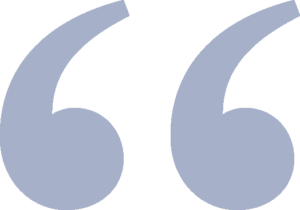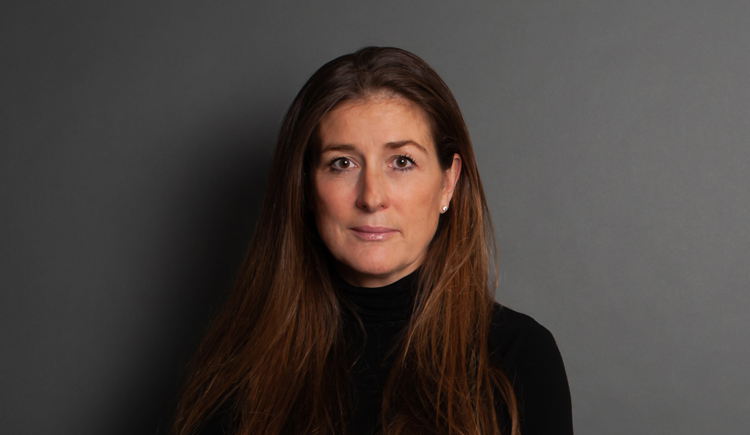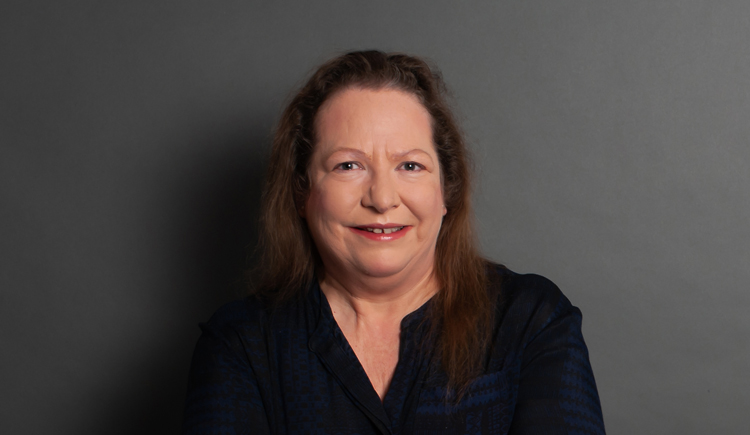Going forward, Eyre anticipates further difficulties, especially in relation to the cross-examination of witnesses where credibility is an issue. ‘It is so important to have an in-person cross-examination because in a virtual hearing, judges only have the witness’ face,’ she says. ‘They cannot see the fidgeting, the nervous tics, the fiddling of the leg, the sweat under the armpits. Much of that is lost in a virtual hearing, which is not quite so intimidating. When credibility is at stake, there has to be a level of hostility where, for example, there are allegations of fraud.’
Every remote hearing has the same potential technical issues that can arise on a video conference call. Anyone who has become familiar with the travails of video conferencing over the past year can readily appreciate the challenges faced by experienced litigators and parties alike: the technological shortcomings of assorted video platforms are manifestly apparent, such as latency issues which inhibit the natural flow of conversation.
Brandreth concurs that there is no substitute for trials being held in person. ‘Some of the ease of discussions and of questioning is lost in virtual hearings,’ he says. ‘Judges, in particular, will want for submissions and for cross examination, to have that ease returned to them, where possible, by having people in court.’
In a virtual trial, Thompson points to ‘the lack of a panoramic view.’ As an advocate, he explains, you focus on questioning the witness in front of you. ‘But you do not just want to focus on one person’s face,’ he says. ‘You also want to be able to see the judge’s reaction and sometimes your opponent, as well as the body language of other people who are not involved in the particular dialogue at any given moment. That is lost.’


